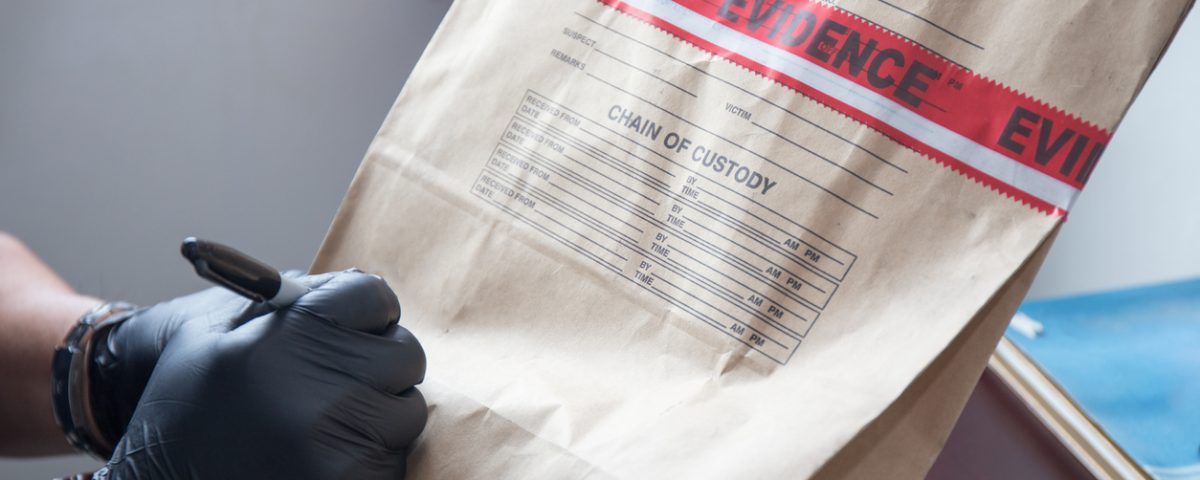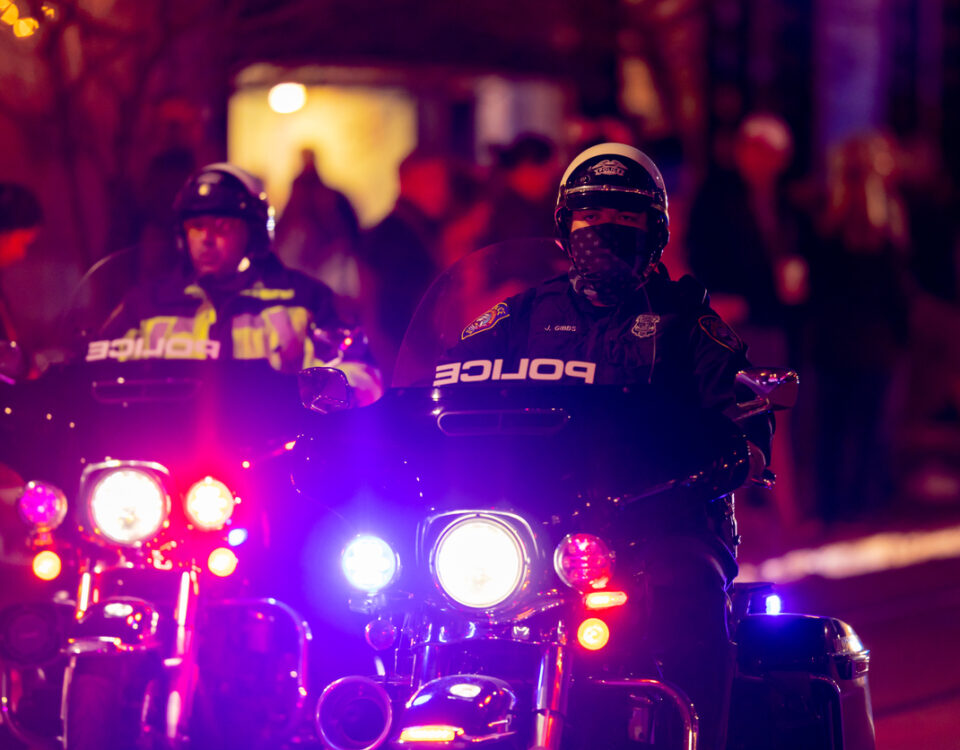The Difference Between General Liability and Police Professional Liability Insurance

Navigating School Violence: Tips for Administrators
March 13, 2024
How Civil Rights Act Updates Impact Police Liability
March 27, 2024The Difference Between General Liability and Police Professional Liability Insurance
Law enforcement professionals may wonder whether they need police professional liability insurance or if general liability insurance is sufficient. In recent years, there’s been a significant uptick in legal claims against law enforcement agencies, marking a challenging era for these entities.
According to the Washington Post, more than $3.2 billion was spent nationwide on legal claims against law enforcement agencies over the past decade. Unlike conventional businesses, law enforcement agencies navigate a labyrinth of unique risks, stemming from their critical roles in society. Amid this backdrop, police professional liability insurance is a vital risk management tool, crucial for buffering financial repercussions.
Grasping the Essentials of General Liability Insurance
General liability insurance serves as a foundational shield for law enforcement agencies, covering basic risks associated with injuries or property damage. It should also cover the legal expenses associated with third-party lawsuits, including court costs, attorney’s fees, and settlements.
However, general liability insurance often falls short in intricate scenarios like wrongful arrests or excessive force allegations, underscoring the need for more specialized coverage.
Shedding Light on Police Professional Liability Coverage
Police professional liability insurance delves deeper, addressing specific complaints against police, such as the use of excessive force, civil rights violations, mishandled evidence, and employment practices liability.
Suspects are increasingly able to sue law enforcement agencies and personnel, and the cost of defending such suits has skyrocketed. Professional liability insurance can cover the costs of these types of lawsuits.
For example, if someone sues a law enforcement officer on charges related to civil rights violations when making an arrest, the department could be liable. Having police professional liability insurance offers peace of mind that the insurance will cover the damages.
Comparative Analysis: General Liability vs. Police Professional Liability Insurance
Although both types of coverage are necessary, there are some important differences between general and police professional liability insurance.
General liability protects law enforcement agencies from basic business lawsuits, while professional liability covers police officers and departments against lawsuits arising from performing their professional duties. Some of the specific types of professional coverage available to law enforcement include:
- Defense costs
- Consent to settle
- Pay on behalf
- Punitive damages
- Personal injury
Policy deductibles and limits for both types of insurance will vary based on the law enforcement agency’s needs. However, the limit for professional liability is generally up to $5 million. Many things excluded in a general policy will be covered in a professional policy, but exclusions may include intentional acts.
Most law enforcement agencies will benefit from having both types of liability coverage.
Key Takeaways
Due to the nature of law enforcement work, protecting the public and enforcing laws, general liability insurance does not provide enough coverage. There are so many risks that police departments and officers face that protection must be more specific to the needs of the client.
Police professional liability insurance is an indispensable tool that insurance agents must consider as they conduct risk assessments and work toward the best insurance solutions for their law enforcement clientele. Contact us to find the right insurance coverage for your clients.
About PGUI
Professional Governmental Underwriters, LLC., is a full-service risk management company dedicated to assisting public, educational, and non-profit entities in the management of their professional liability exposures, including educators liability insurance. We are dedicated to providing state-of-the-art professional underwriting management and loss control advisory services on behalf of our designated carriers. For more information, call us toll-free at (800) 586-6502.


